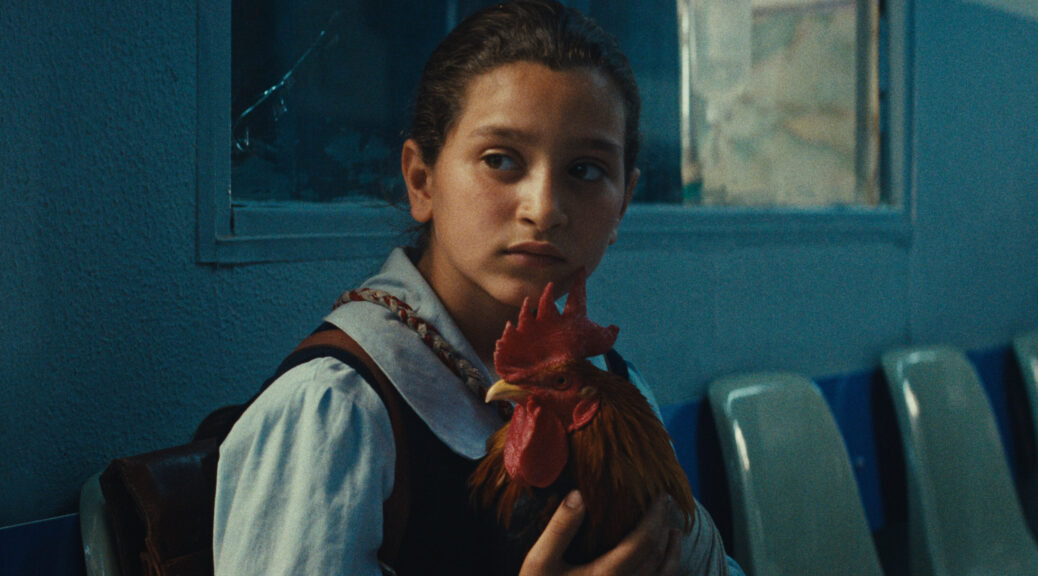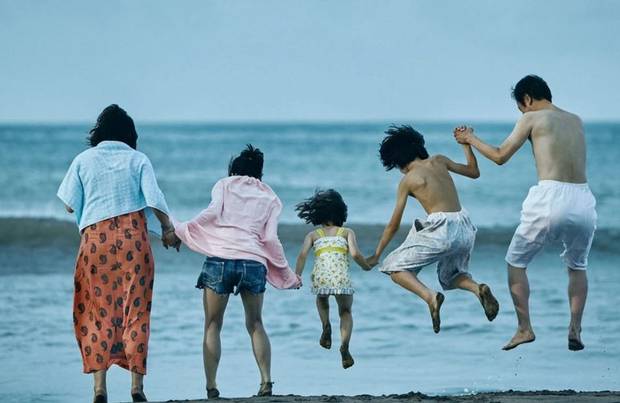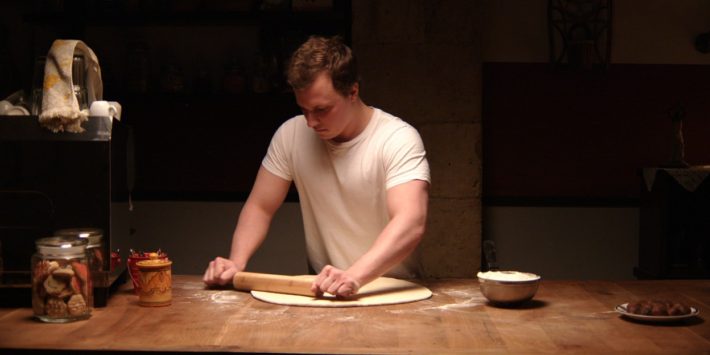The President’s Cake
by George Wolf
After winning two awards last year at Cannes, The President’s Cake missed out on an Oscar nomination for Best International Feature. That says much about how stacked the category is this time, because writer/director Hasan Hadi’s feature debut is an absolutely wondrous mix of empathy and gut-punch heartbreak.
In 1990s Iraq, nine year old Lamia (Baneen Ahmad Nayyef, in a remarkable debut of her own) lives with her feisty grandmother Bibi (Waheed Thabet Khreibet) in the poverty-stricken marshes. As “draw day” approaches at Lamia’s school, Bibi teaches her little tricks to avoid getting chosen for the compulsory “honors” of providing various items at the local celebration of President Saddam Hussein’s birthday.
But Lamia’s stern teacher sees through the scams, and the girl is picked for the most scrutinized task of all: baking the birthday cake.
Needless to day, failure would bring about some harsh consequences.
Though Bibi thinks she knows the best way forward for her granddaughter, Lamia strikes out on her own. Clutching her favorite rooster and conferring often with her friend Saeed (Sajad Mohamad Qasem), Lamia desperately seeks ways to acquire the precious baking ingredients that she cannot afford.
Buoyed by the two remarkably assured young performers, Hadi crafts the film with a delicate balance between childlike journey and harsh reality. Though Lamia’s travels through her homeland’s corruption, casual cruelty and degradation may recall The Painted Bird or Come and See, Hadi protects the innocence as fiercely as Lamia protects her rooster. His film’s heart aches for the plight of these people, even as it’s providing sly reminders that aspiring dictators share similar playbooks.
There is a tender, poetic beauty to be found here as well. The President’s Cake signals Hadi as a filmmaker full of insight and compassion, with the storytelling instincts to mine universal resonance from a uniquely intimate struggle.








